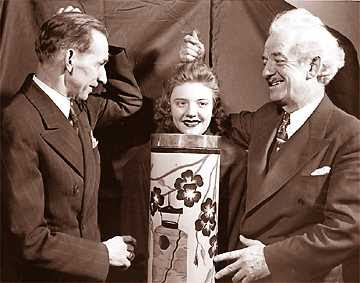No one with stock options would want to die, so Silicon Valley technologists are earnestly pursuing radical life-extension methods–even immortality. I mock, but I also wish them well and hope there are eventual results. However, anyone professing that successful head transplantations and hundreds-year lifespans are on the horizon is sort of overpromising. Theoretically not impossible but nowhere near ready. From Charlotte Lytton’s Daily Beast piece about the fountain of youth’s new splash:
If a successful, life-extending surgery does arise—and prove successful—its implications would be revolutionary. After announcing his intentions to carry out the procedure several months ago, [head-transplant enthusiast Sergio] Canavero was inundated with volunteers offering themselves up for the project—a testament to how prevalent the notion of extending one’s life really is.
Canavero’s ideology is one keenly shared by Silicon Valley hedge fund manager, Joon Yun, founder of the Palo Alto Longevity Prize. A $1 million reward for those who can successfully “hack the code of life and cure aging,” Yun is hoping to find scientists able to extend the lives of mice by 50 percent, which he believes will be demonstrative in efforts to push the human life span beyond its current U.S. average of 78.7 years.
While Yun’s efforts might resemble a Death Becomes Her-esque bid to uncover an elixir of eternal youth, he is not the first wealthy businessman to make a serious financial donation to the prevention of aging. Peter Thiel, one of PayPal’s co-founders, has donated millions to researchers leading the charge, while Larry Ellison, who co-founded computer hardware company Oracle, has given some $430 million to the cause. “Death has never made any sense to me,” says Ellison.
The government used to fund two-thirds of medical research, with private backers accounting for the other 33 percent of studies, but that ratio has now been flipped, with the major cash injections supplied by entrepreneurs with life-prolonging pet projects far surpassing money pumped in by the state. Some of the ideas being explored by Thiel-backed researchers include technology that can cool human organs at a high speed, allowing them to be preserved long term, and using stem cells to grow bone replacements for broken ones. One more involves analyzing molecular and cell damage throughout our lifetimes in a bid to better understand how we might rejuvenate deteriorating bodies.•
Tags: Charlotte Lytton, Joon Yun, Sergio Canavero

